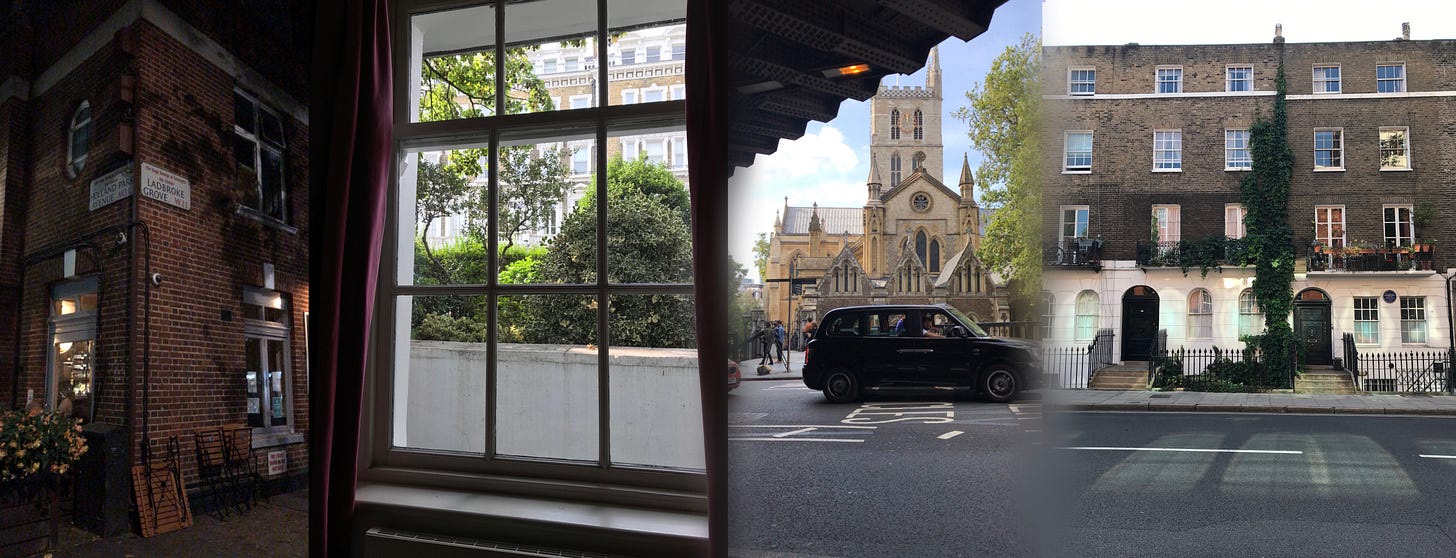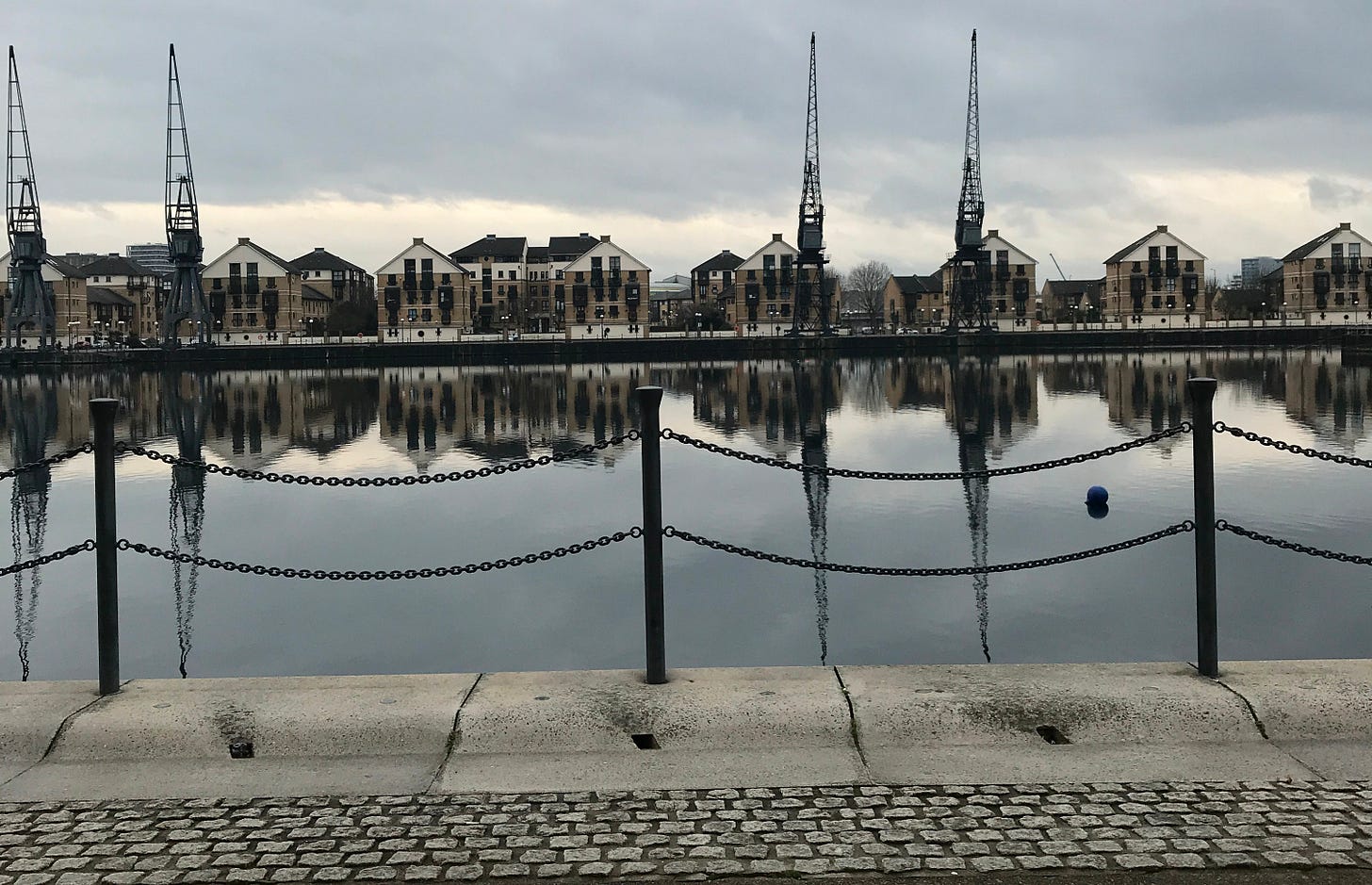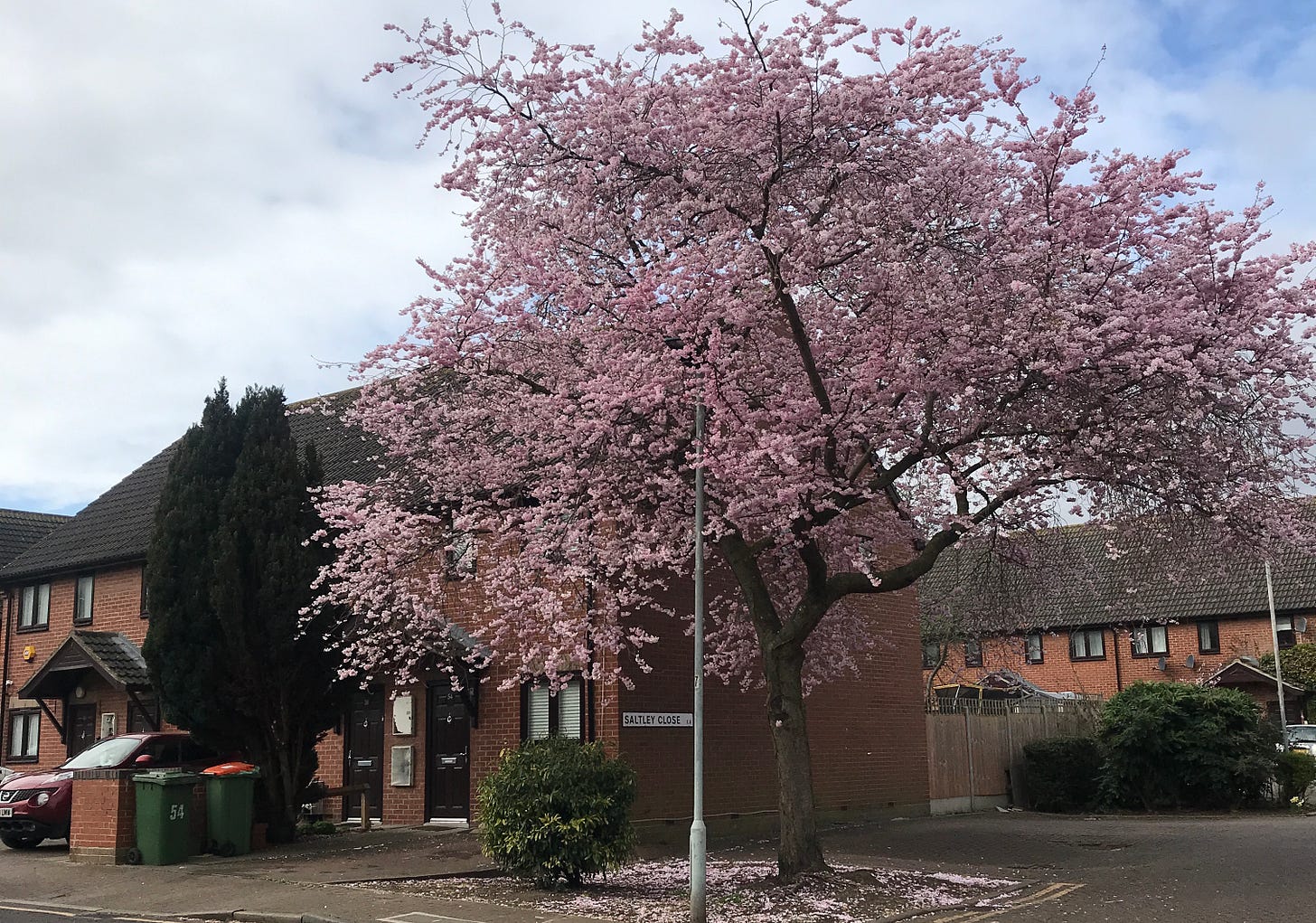Nomadhood, Immigration, Becoming
How Moving to a New Country Can Transform You and Introduce a New Communication Style.
Migration – The Inner Journey and New Ways of Communicating

When you migrate to a country where you don’t share the language, religion, or traditions, where most people don’t look like you or share your values, and inevitably, you feel lost. And when you're lost, you have two options: either immerse yourself in the surrounding culture and mimic it, or embark on a journey to discover yourself and, essentially, rebuild from scratch. I chose the second option, which is not the easiest route. We humans, both psychologically and socially, are designed to be part of a community. That instinct not to stand out—a survival mechanism—pushes us to seek belonging, share our experiences, and converse.
The things I’ve given up along the way include the expectation of being understood, the comfort of avoiding awkward situations, judging my social skills, and feeling at ease in every social gathering. It’s impossible to hold onto these luxurious habits while living in a new country—so I let them go. In Türkiye, I could easily read cues on someone’s face, interpret situations, and understand social norms. Coming to the UK, I was uncomfortable with being unable to read the room at the beginning—and it’s still something I’m learning. Sometimes I felt bad about being misunderstood, being lost in translation, or not knowing the unspoken “texting” rules (In Türkiye, we occasionally use an exclamation mark when texting, or never use an “x” or something similar for a kiss—it was weird for me at first), and sometimes being too direct, which can be intimidating for people who tend to water their sentences down with politeness.

Developing feelings in a second language takes time. Most of the communication I experienced didn’t mean much to me when I first moved to the UK—not because I didn’t care, but because even though I’d been fluent in English for over 15 years, it was the first time I interacted with native speakers for an extended period. English was merely a technical translation of my native Turkish self, and I hadn’t developed an identity in it before. After a while, I began to form a direct identity in English, complete with slang, sayings, and certain words I wouldn’t use in Turkish. I realized that when I spoke English, I felt like I was a different age because I missed out on the childhood and teenage experiences in the UK, and my brain didn’t have those memories of basic British cultural nuances. Now, with enough data in hand to understand the meanings behind various behaviors, I feel more comfortable when communicating.

And here we are, in a very international, beautiful London in the 2020s—where I work in Central London near Holborn, eat at Italian, Korean, and Uzbek restaurants (or any cuisine we fancy), sometimes cycle to work and see the London Eye and Westminster along the way, complain about the grey sky and constant rain, get excited when spring arrives, and feel gloomy when the sunset comes too early (like in December, around 3:40 p.m.). These are the new norms now—and they’re very different from the ones in Türkiye. I was once a person who knew exactly what Bağcılar meant, what it felt like to wait for a Metrobus at Zincirlikuyu, or how driving from the European side to the Asian side in Istanbul could sometimes take five hours, stuck in traffic jams on the Bosphorus Bridge. The juxtaposition of my old experiences brought into this equation makes me see everything differently here; most of the time, stunned by how organised London is, I can hear the sound of birds, appreciating the greenery and parks so much, and cycling in the city is a great luxury to have while passing by some beautiful historical architecture. Cycling. You could never do that in Istanbul because it’s hilly, distances are longer, and… you simply wouldn’t want to put your life in danger among our amazing taxi drivers.
Similar Souls in This Cultural Soup
I have two fellow immigrant friends with whom I often share these sorts of conversations. One is an Italian friend, born and raised in Germany, who moved back to Italy when she was around 18. The way we communicate is very similar; she’s a very analytical person who gets straight to the point, never hides what she thinks, and enjoys discussing productivity, intellectual, cultural, and historical topics. She always insists that German döner is better than Turkish döner, and I passionately defend proper Turkish döner with a sarcastic smile on my face—and we laugh. She told me she spent two years in South America after graduating, teaching in a small, less fortunate village. She speaks many languages—Spanish, German, Italian, English—but she humbly says it’s not a big deal since all of these are Latin-rooted and quite similar, and she’s usually impressed by people who can speak languages from different families, like a Japanese-French combo. She knows how the Kurdish diaspora affected Turkish and Kurdish people in Germany because she wrote her master’s thesis on it. She’d studied sustainability in London, worked at Lidl, and is now working at Burberry (which is not as impressive as it sounds—I might delve into why working at Burberry brings a “hope God saves you!” look from the fashion community in another post, or I might not—I don’t know).
Another friend of mine is Hungarian, and we share a lot in common; our countries share a history, which is why the Hungarian traditions, culture, and behaviors she describes are quite similar to mine. Also, Turkish and Hungarian come from the same language family (along with Estonian and Finnish, which was a bit surprising to me); the way our brains work, structure-wise, is similar. She’s also interested in expanding her knowledge, reading, and exploring culture.
It’s also worth highlighting that when both people speak in a second language, their speaking speeds tend to be similar; there’s a delay of 0.2 to 1 second due to thinking in another language first and the latency in mind-tongue calibration. Finding another immigrant with similar interests and sharing the journey of adapting to a new culture is invaluable.
My First Year in London as an Immigrant
When I first came to London, it felt calm, full of nature, greenery, and a slower pace. I felt like I finally had time to stop, to wait, to look at the tree branches, and even to get lost in different parks—sometimes under a classic grey London sky. People didn’t rush in the tube stations—or anywhere, really. No one seemed to hurry; they were living life at the same speed as life itself. Some fellow Londoners might think calling London’s tube stations calm is crazy, but they’ve probably never experienced what a Metrobus journey is like in Istanbul.
It might sound odd, but in Istanbul, I was always chasing after what I might have missed. Hurry was a part of us—not because we wanted to be this way, but because most of us wouldn’t survive otherwise; some of us had to squeeze the work of 1.5 to 2 people into one life, so rushing became inevitable. The contrast between where I lived in Istanbul and Beckton—where our first house in London was located—was huge. Beckton was an hour away from central London and was close to the Thames and Excel London. The peaceful feeling of that slow-paced place, with everything you need nearby, was fascinating to experience. It made me fall in love with slowing down and contemplating again. I walked many paths there to discover my true nature; walking helped me process many feelings and thoughts. Beckton represents the first building blocks of my discoveries—it’s not my given hometown; it’s my philosophical hometown. It will always have a special place in my heart.
Wrapping Up
Everyone’s migration journey is different. I’m always curious to hear fellow nomads’ and immigrants’ stories—I love collecting authentic experiences. What's the most interesting (or even the craziest) new norm you've encountered in your new city or country? Feel free to share in the comments or message me directly. Until the next post, take care and stay safe!
With Love,
Nur






